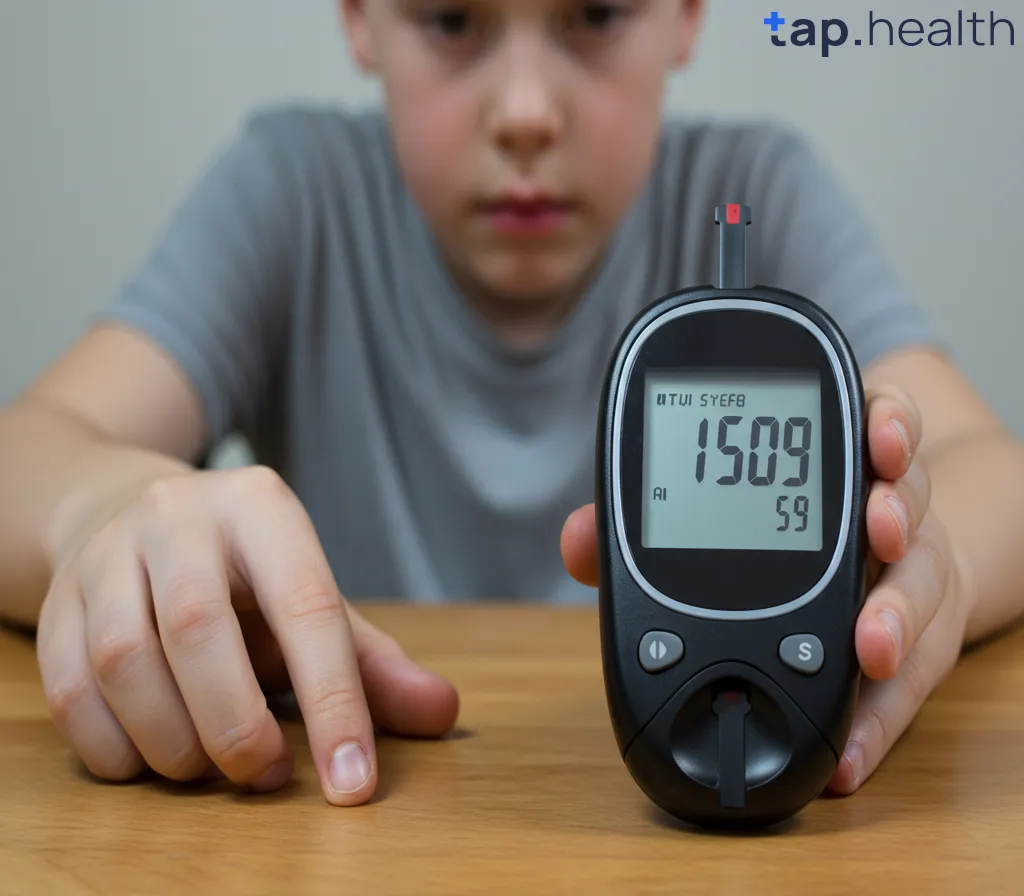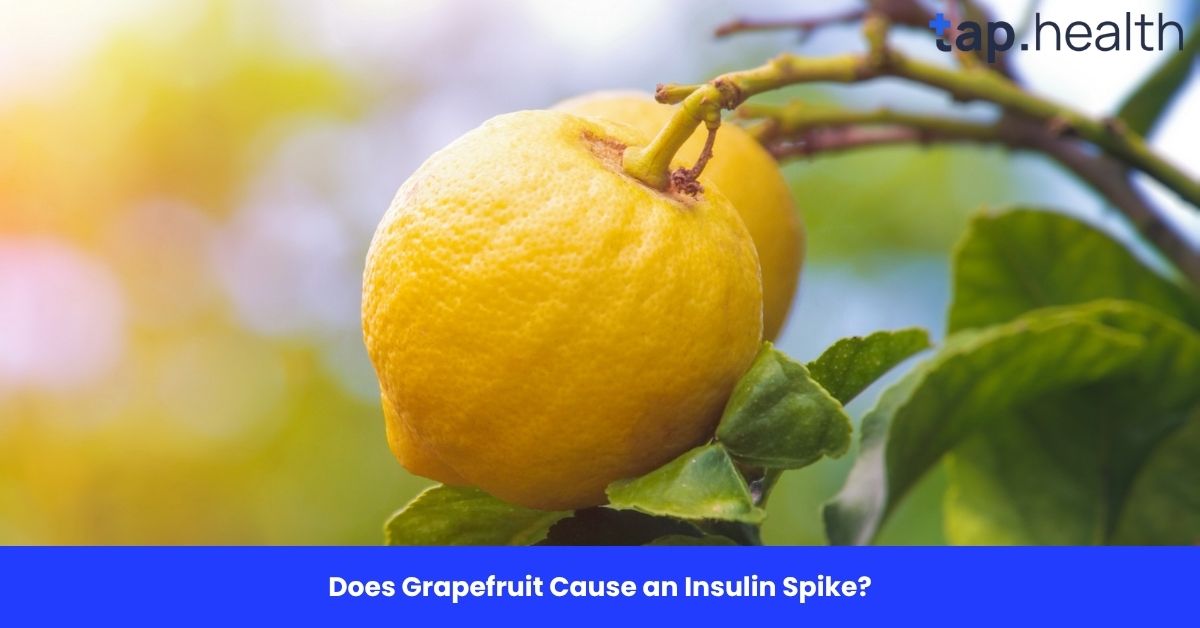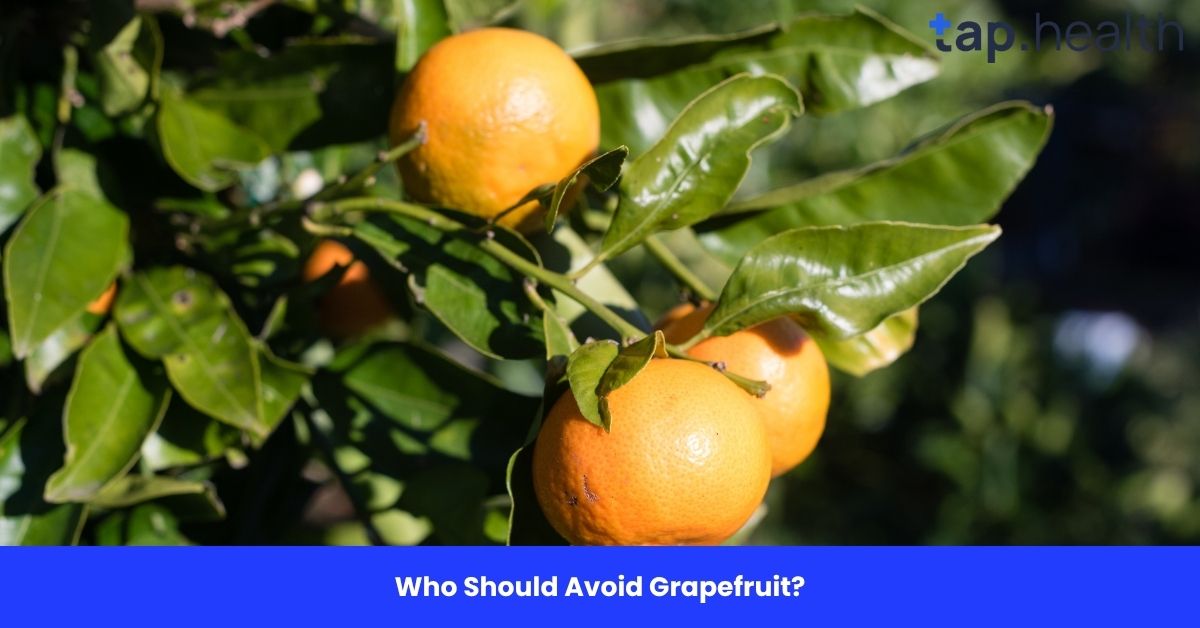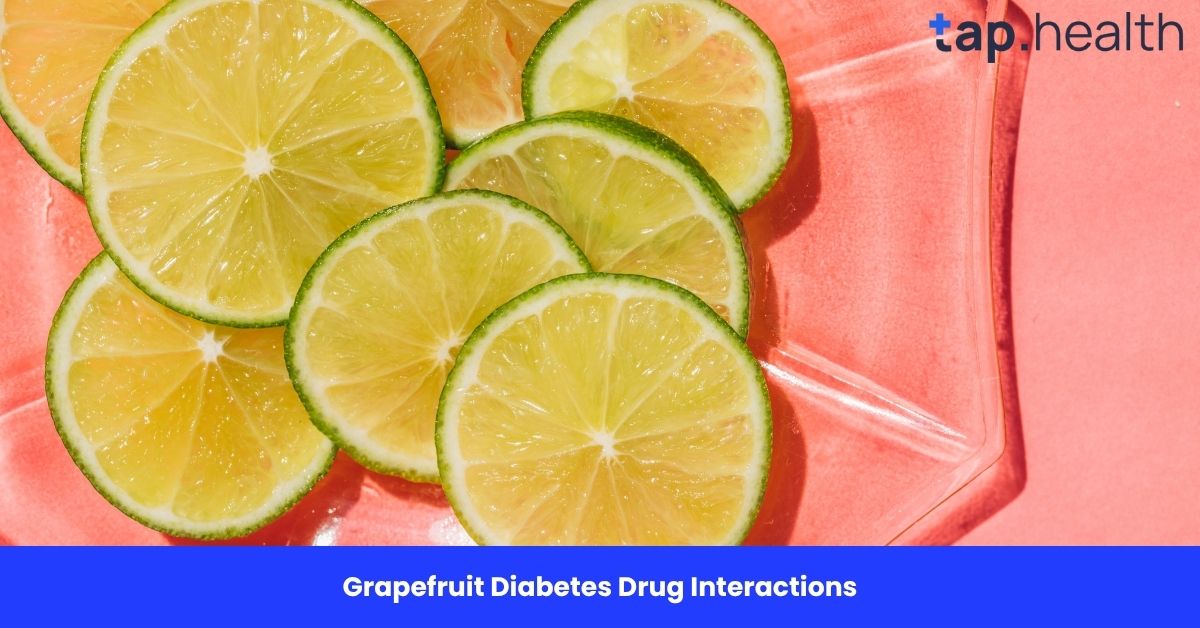Getting ready for a blood sugar test can feel a little confusing at first. Maybe your doctor told you to fast, but you’re not sure what that means or how long you need to go without food. Don’t stress! This guide is here to help you figure it all out. We’ll answer the big question—”how many hours to fast for a blood sugar test”—and cover everything else you might be curious about, like why fasting matters, what you can drink, and what happens if you mess up. Let’s break it down step by step so you feel ready and confident!
What’s a Blood Sugar Test Anyway?
A blood sugar test checks how much sugar, or glucose, is floating around in your blood. Glucose is super important—it’s like fuel for your body. But if there’s too much or too little, it can signal health problems like diabetes. Doctors use this test to see if your blood sugar is normal or if something’s off.
Why Do Doctors Order This Test?
Doctors might ask for a blood sugar test to:
- Look for diabetes or prediabetes.
- See how well your diabetes treatment is working.
- Check your health during pregnancy or if you’re feeling tired and weird all the time.
The most common type that needs fasting is called the fasting blood sugar test. It’s done after you haven’t eaten for a while, so doctors get a clear picture of your blood sugar without food messing it up.
Why Do You Have to Fast Before a Blood Sugar Test?
Fasting might sound annoying, but it’s a big deal for getting accurate results. Let’s see why.
How Food Changes Your Blood Sugar
When you eat, your body turns food into glucose, and your blood sugar goes up. That’s normal! But if you eat right before a test, your results will show that spike, not your usual levels. Fasting—going without food or drinks (except water)—lets your blood sugar settle down to its natural state. That’s what doctors need to see to figure out if everything’s okay.
Which Tests Need Fasting?
Not every blood sugar test requires fasting, but some do. Here’s a quick rundown:
- Fasting Blood Sugar Test: You fast for 8-12 hours to measure your baseline sugar level.
- Oral Glucose Tolerance Test (OGTT): You fast, then drink a sugary drink, and they test your blood sugar a few times after.
- A1C Test: No fasting needed—it shows your average blood sugar over months.
Since this post is all about fasting, we’ll zoom in on the fasting blood sugar test.
How Many Hours Should You Fast for a Blood Sugar Test?
Okay, here’s the main answer you came for: you need to fast for 8 to 12 hours before a fasting blood sugar test. Most doctors say 8 hours is enough, but some might ask for 10 or even 12 hours just to be sure. It depends on what they’re looking for, so always listen to what your doctor tells you.
What Does 8-12 Hours Look Like?
Let’s make it simple:
- If your test is at 8 a.m., stop eating by midnight (8 hours) or 8 p.m. (12 hours) the night before.
- If it’s at 10 a.m., stop eating by 2 a.m. (8 hours) or 10 p.m. (12 hours).
Basically, you’re skipping food overnight. Easy, right? Most people sleep through half of it anyway!
Are There Any Exceptions?
Sometimes the fasting time changes a bit:
- Pregnant Women: For gestational diabetes tests, fasting might be 8-14 hours. Ask your doctor.
- Kids: Little ones might not need to fast as long—check with the pediatrician.
- Emergency Cases: If it’s urgent, doctors might skip fasting and do a random test instead.
No matter what, double-check with your doctor to get it right.
What Can You Have While Fasting?
Fasting doesn’t mean you can’t have anything at all. Here’s what’s okay and what’s not.
Stuff You Can Have
- Water: Drink all you want! It keeps you hydrated and doesn’t affect the test.
- Black Coffee: Some doctors say a tiny bit of plain black coffee (no sugar or cream) is fine, but ask first.
- Medications: Keep taking your pills unless your doctor says to stop.
Stuff to Skip
- Food: No meals, snacks, or even a crumb.
- Sugary Drinks: Juice, soda, or energy drinks are a no-go—they’ll spike your sugar.
- Alcohol: It can throw off your results big time.
- Coffee Add-ins: Cream, sugar, or milk in your coffee will ruin the fast.
When in doubt, stick to water—it’s the safest bet.
How to Get Ready for Your Blood Sugar Test
Fasting for 8-12 hours might sound tricky, but with a little planning, it’s no big deal. Here’s how to nail it.
Tips to Make Fasting Easier
- Pick a Morning Test: That way, you’re fasting while you sleep—no hunger struggles!
- Eat Smart Before: Have a meal with protein (like chicken), healthy fats (like avocado), and fiber (like veggies) before you start fasting. It keeps you full longer.
- Drink Water: Sip water all evening so you don’t feel parched.
- Stay Busy: Watch TV or read a book to forget about food.
The Night Before Your Test
- Set a Reminder: Use your phone to mark when to stop eating.
- No Sneaky Snacks: Even a little nibble can mess things up.
- Sleep Well: Being rested makes fasting less of a chore.
On Test Day
- Wake Up Early: Give yourself time to chill before heading out.
- Brush Your Teeth: Just don’t swallow toothpaste or mouthwash.
- Skip Gum: It might have sugar or trick your body into thinking you’re eating.
Keep it simple—water only, and get to your appointment on time.
What If You Don’t Fast Right?
Mistakes happen. Here’s what could go wrong and how to handle it.
How It Affects Your Results
If you eat or drink something you shouldn’t, your blood sugar will be higher than normal. That could mean:
- Wrong Results: Your doctor might think there’s a problem when there isn’t.
- Extra Tests: You might have to come back and do it again.
What to Do If You Mess Up
- Be Honest: Tell your doctor if you ate or drank something by accident.
- Reschedule if Needed: They might set a new date or adjust how they read your results.
It’s not the end of the world—just fix it and try again.
What Do Your Blood Sugar Results Mean?
Once you get your results, you’ll want to know what’s normal and what’s not.
Normal vs. Not Normal
After fasting for 8-12 hours, here’s what the numbers usually mean:
- Normal: Less than 100 mg/dL (milligrams per deciliter).
- Prediabetes: 100-125 mg/dL.
- Diabetes: 126 mg/dL or higher.
These can shift a tiny bit, so talk to your doctor about your specific numbers.
If Your Levels Are High
Don’t panic! High results might lead to:
- More Testing: Like an A1C or OGTT to double-check.
- Lifestyle Tips: Eating healthier or moving more can bring it down.
- Medicine: If it’s serious, your doctor might give you something to help.
Catching it early is key, so you can take control.
Can You Drink Water While Fasting?
Yes, absolutely! Water is your best friend during a fast. It won’t change your blood sugar, and it keeps you from feeling dried out. Drink as much as you like before the test.
Can You Take Medicine Before the Test?
Most of the time, yes, you can take your regular meds. But some medicines—like ones for diabetes—might need a pause. Always ask your doctor what to do about your pills.
What If You’re Pregnant?
Pregnancy changes things a bit. If you’re testing for gestational diabetes, you might fast for 8-14 hours, depending on the test. Your doctor will give you the exact plan, so follow that closely.
How Long Does the Blood Sugar Test Take?
The test itself is fast—usually just a few minutes to draw your blood. But you might spend 15-30 minutes total at the lab or doctor’s office, depending on how busy they are.
Can You Exercise Before the Test?
Light stuff like walking is okay, but don’t do a big workout right before. Sweating it out too hard could tweak your blood sugar levels and throw off the test.
What Should You Eat After the Test?
Once it’s over, eat something balanced—like eggs with toast and fruit, or a turkey sandwich with veggies. It’ll get your blood sugar back on track after fasting.
Frequently Asked Questions on How Many Hours to Fast for a Blood Sugar Test
Got more questions? Here are some extras people often ask:
How many hours should I fast for a fasting blood sugar test?
You should fast for 8 to 12 hours. Check with your doctor for the exact time.
Can I chew gum while fasting for a blood sugar test?
Nope—gum can have sugar or make your body act like you’re eating, so skip it.
What if I accidentally drank juice before my test?
Tell your doctor. They might reschedule or take it into account when reading your results.
Do all blood sugar tests need fasting?
No, just the fasting blood sugar test and some glucose tolerance tests. A1C doesn’t need it.
Can I drink coffee before a fasting blood sugar test?
Maybe a little black coffee with no extras, but ask your doctor. Water’s the safest choice.
What if my fasting blood sugar is high?
Your doctor might test more or suggest changes like better eating habits. It’s fixable with the right steps.
This guide has everything you need to ace your fasting blood sugar test. Follow the tips, ask your doctor if you’re unsure, and you’ll be good to go!



